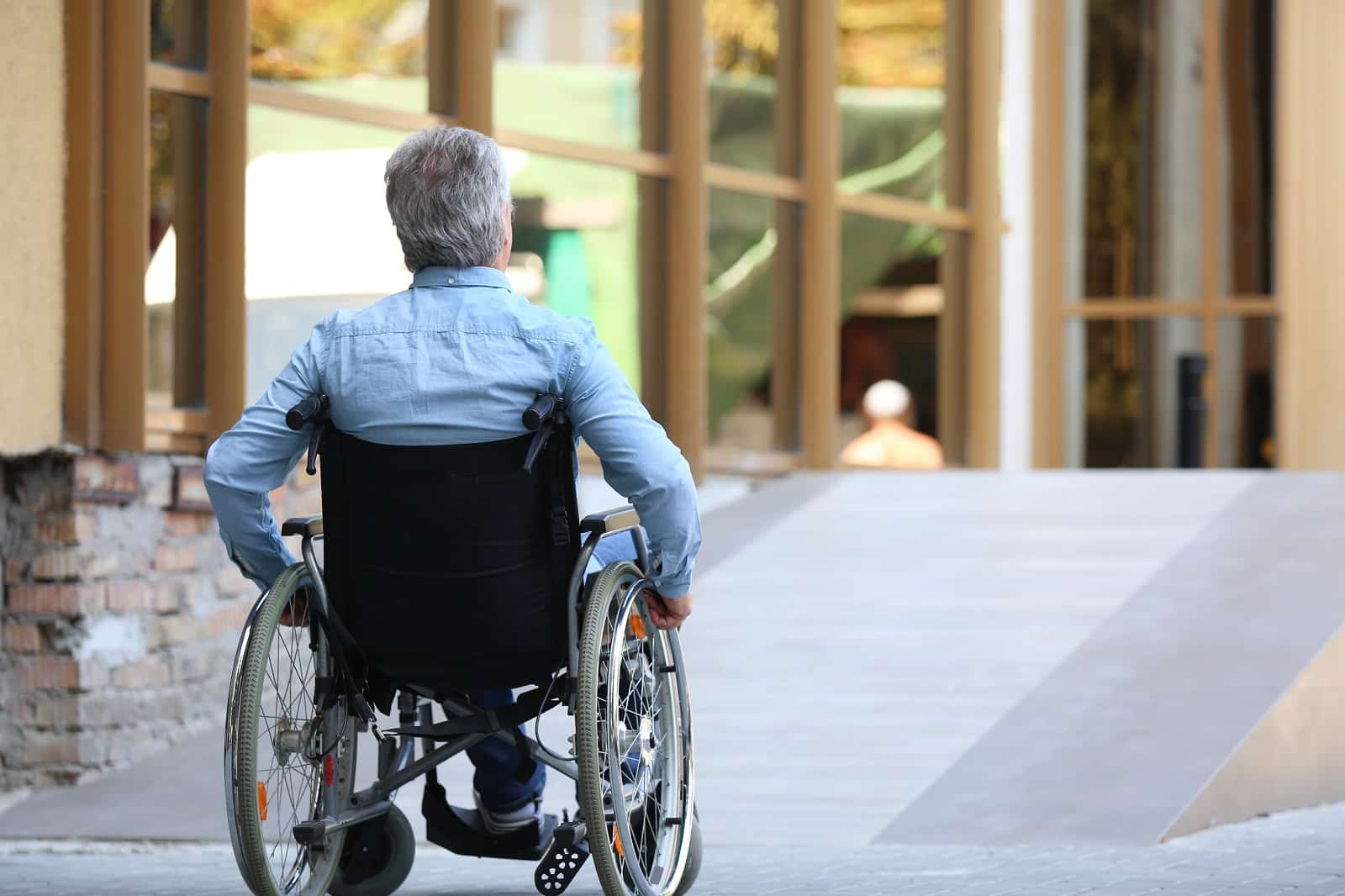Sir Chris Whitty encourages citizens to embrace traditional methods for healthy ageing, advocating for exercise, nutrition, and social engagement in his annual report on Health in an Ageing Society. Here’s the whole story.
Sick Man Of Europe

Compared to European countries, Britain’s health outcomes are markedly worse, with higher avoidable mortality and treatable mortality rates than comparable countries, according to the King’s Fund.
Compounding Causes

Mostly, this is down to chronic underfunding of the NHS over the past decade, with many hospitals running out of beds, a shortage of doctors leading to the ones the country does have being overworked, and a population struggling under a cost-of-living crisis to buy food, never mind sticking to healthier diets.
“Health in an Ageing Society”

This was no doubt firmly in the mind of England’s most prominent physician, Professor Sir Chris Whitty when he wrote his latest annual report, “Health in an Ageing Society.”
“Old Fashioned”

In his report, Whitty emphasizes the importance of adopting “old-fashioned” approaches to maintain good health in old age.
Shifting Demographics

Highlighting the increase in life expectancy and demographics shifting ever older, Whitty urges individuals to take charge of their health through lifestyle choices, arguing this will profoundly impact the well-being of older people.
Simple Yet Effective

The “old fashioned” methods Whitty advocates are simple yet effective ones, such as exercise, healthy eating, and social engagement to mitigate age-related health challenges.
“They Still Work”

Whitty’s advice was blunt in the way that only a doctor can be: “Having lots of exercise, having mental stimulation and a social network, eating a reasonably balanced diet (with) not too much high fat, sugar and salt, moderating alcohol, stopping smoking if you do – these are things which are old fashioned, but they still work.”
Delaying Disability

Whitty emphasized the efficacy of these methods, stressing their important role in delaying disability and preventing multi-morbidity.
Decline in Physical Activity

Research and common sense show a decline in physical activity as the forward march of time takes its toll on our bodies, and this reduction in exercise poses significant health risks.
Profound Benefits

In his report, Whitty stresses the profound benefits of sustained physical activity and its positive impacts on mental and physical health.
“Going in the Wrong Direction”

According to the good doctor, obesity is “going in the wrong direction” in the UK, and he underscored the importance of a healthy, balanced diet.
Fruit and Vegetables

He advocates for increased consumption of fruits and vegetables while reducing high-fat, high-sugar, and high-salt food intake.
Dietary Changes

These dietary changes are instrumental in reducing the risk of cardiovascular diseases and promoting overall well-being.
Mental Health

Physical health was not the only part of well-being covered by Whitty in his report, as he also stressed the importance of mental health, particularly the significance of social interaction and mental stimulation for older adults.
Preventing Cognitive Decline

Maintaining a robust social network and engaging in intellectually stimulating activities prevent cognitive decline while also helping ensure emotional well-being.
Fulfilling Lifestyle

Whitty characterizes these aspects of life as integral to fostering a fulfilling lifestyle in later years.
Government Intervention

However, not all of these changes are purely individual, as Whitty also called upon the government to help facilitate a conducive environment for healthy ageing.
Policy Changes

He advocates for policy changes aimed at promoting healthier dietary choices, tackling the widespread availability of unhealthy food options, and promoting urban planning that would accommodate the needs of older adults.
Age-Friendly Infrastructure

Highlighting the challenges often faced by older generations in getting around in built-up environments, Whitty emphasized the importance of age-friendly infrastructure.
Tailored to Needs

These changes should be made alongside more accessible housing, public buildings, and outdoor spaces tailored to the needs of older adults.
End-of-Life Care

Regarding medical care, Whitty advocates for a patient-centred approach to medical decision-making, particularly regarding end-of-life care.
The Man in Black

While death may be an uncomfortable subject, the Grim Reaper comes for us all. Whitty stresses the importance of honouring patients’ preferences and values, ensuring they have agency in choosing their treatment and end-of-life care.
“What Does The Patient Want?”

Whitty stated that “extending life may or may not be the right thing, and the key question on that should be ‘What does the patient want?’”
Holistic Well-Being

Professor Sir Chris Whitty’s insights underscore the importance of viewing ageing through the lens of holistic well-being rather than as an unwanted burden.
Traditional Methods

By embracing traditional methods, fostering better social connections, and respecting individual autonomy, older adults can be empowered to lead fulfilling and dignified lives well into their old age.
More Articles Like This…
Broken Britain: 12 Reasons Behind the UK’s Decline
Say the Unsayable: 10 Occasions When Farage Spoke His Mind About Britain
The post Old Dogs Old Tricks: Sir Chris Whitty’s Inspiring Prescription for Healthy Aging first appeared on Edge Media.
Featured Image Credit: Shutterstock / oneinchpunch.
Grant Gallacher is a seasoned writer with expertise in politics and impactful daily news. His work, deeply rooted in addressing issues that resonate with a wide audience, showcases an unwavering commitment to bringing forth the stories that matter. He is also known for satirical writing and stand up comedy.

